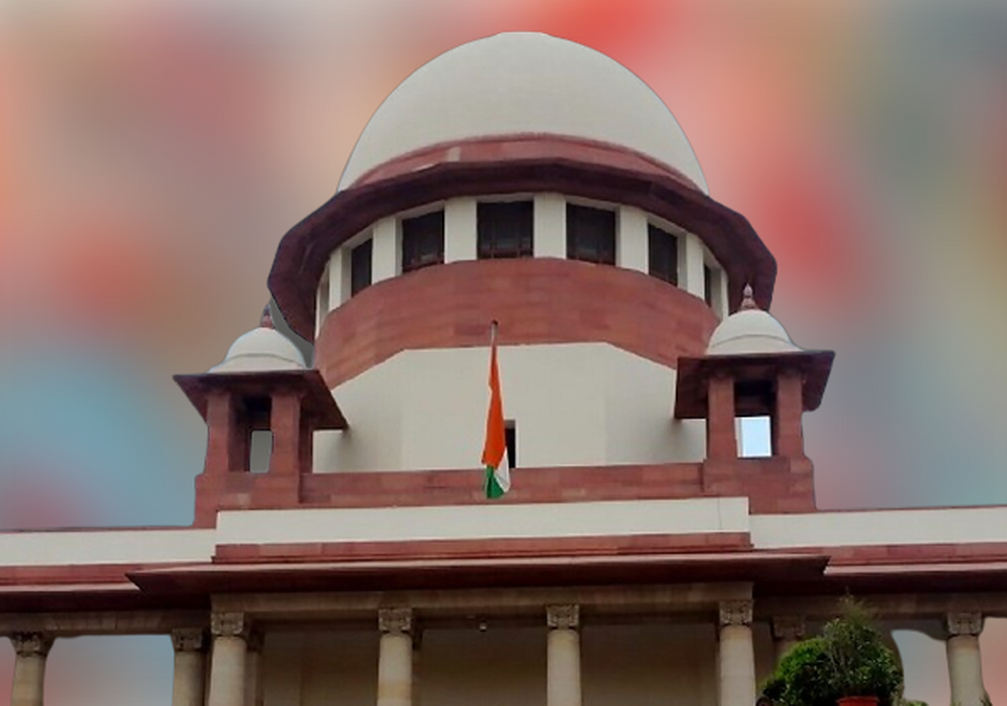In CRL.M.C. 3456/2018-DEL HC- In case police officer declines to register complaint, complainant can send substance of information to superior police officer u/s 154(3) CrPC: Delhi HC
Justice Asha Menon [17-08-2022]

Read Order: SYED SHAHNAWAZ HUSSAIN Vs. THE STATE & ANR
Tulip Kanth
New Delhi, August 18, 2022: While dismissing a petition filed under Section 482 of the Code of Criminal Procedure in a rape case, the Delhi High Court has observed that once the police officer receives a complaint in a cognizable offence, investigations can commence. Additionally, under Section 156(3), any Magistrate empowered under Section 190 of the Cr.P.C. can also order such an investigation.
The Bench of Justice Asha Menon was considering a matter where allegations were made that the victim and the petitioner-accused were together at Chattarpur Farms where she had been drugged and raped by the petitioner. The second respondent had filed a complaint case under Section 200 Cr.P.C. read with Section 190 Cr.P.C. alleging the commission of offences under Section 376/328/120B/506 of the Indian Penal Code by the petitioner herein. Along with the said complaint, she also filed an application under Section 156(3) Cr.P.C. seeking directions to the Police for the registration of an FIR against the petitioner.
A report was apparently filed by the Police concluding that as per the inquiry the allegations raised by the complainant were not found to be substantiated. The grievance of the petitioner was that despite the receipt of this report, the MM directed the registration of an FIR following the decision of the Supreme Court in Lalita Kumari vs. Government of Uttar Pradesh, . On the same day, by separate orders, two other applications were also disposed of, one seeking the recording of the statement of the complainant under Section 164 Cr.P.C. and the other for carrying out the medical examination of the prosecutrix and the alleged accused.
Aggrieved by these orders, the present petitioner preferred a revision. The same was disposed of by the Special Judge holding that there were no infirmities in the two orders and dismissed the revision petition.From the petitioner’s side, it was argued that the MM had not disclosed reasons for directing the registration of FIR and the Special Judge erred in upholding the said order despite noticing this fact.
Observing that the law gives the complainant the right to approach a superior officer in case of the commission of a cognizable offence, the Bench said, “ In case the police officer declines to register the complaint, the complainant can send the substance of the information to a superior police officer under Section 154(3) Cr.P.C.”
As per the Bench, in the present case, there was a complete reluctance on the part of the police to even register an FIR. In the absence of the FIR, at best, the police could have, as correctly observed by the Special Judge, conducted only what is a preliminary inquiry. The very fact that it was only a reply that was filed by the police before the MM, sufficiently established that it was not a final report that was submitted by the police.
Noticing that the final report is required to be forwarded to the Magistrate empowered to take cognizance of the offence in a prescribed format (Section 173 (2) Cr.P.C.), the Bench held that here was no reason for the MM to have treated that reply as if it was a report under Section 173 Cr.P.C. when the FIR itself was not registered.
The Bench referred to the judgment of the Coordinate Bench of this Court in Rajni Palri Wala (Dr.) v. D. Mohan (Dr). 2009 SCC OnLine Del 1041, wherein it has been opined that the police, even without a formal order of the court could proceed with the investigation when a cognizable offence is disclosed. But even then, an F.I.R. must be registered and upon conclusion of such investigations, the police must submit a final report under Section 173 Cr.P.C. Even where such a report is submitted to the Magistrate, the Magistrate is not bound to accept that report and can still determine the question whether or not to take cognizance and proceed with the matter.
Thus, noting that there was no perversity in the orders of the MM directing the registration of the FIR and there was also no error in the judgment of the Special Judge holding that the inquiry report being preliminary in nature couldnot be considered as a cancellation report, the Bench dismissed the petition.
Sign up for our weekly newsletter to stay up to date on our product, events featured blog, special offer and all of the exciting things that take place here at Legitquest.




Add a Comment